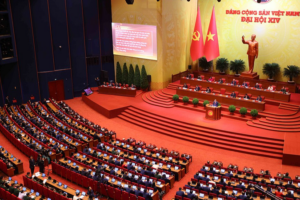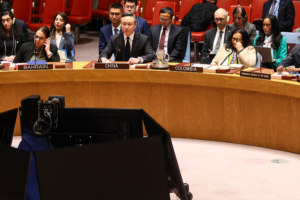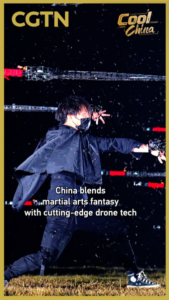
U.S. Winter Storm Triggers Power Outages, Travel Disruptions
A major winter storm causes power outages, flight cancellations, and over a dozen fatalities across the eastern U.S., with freezing temperatures persisting this week.

Patagonia Wildfires Threaten Ancient Forests, Ecosystems in 2026
Wildfires in Patagonia have consumed over 30,000 hectares in Argentina, endangering ancient forests and a UNESCO World Heritage site amid extreme weather conditions in 2026.
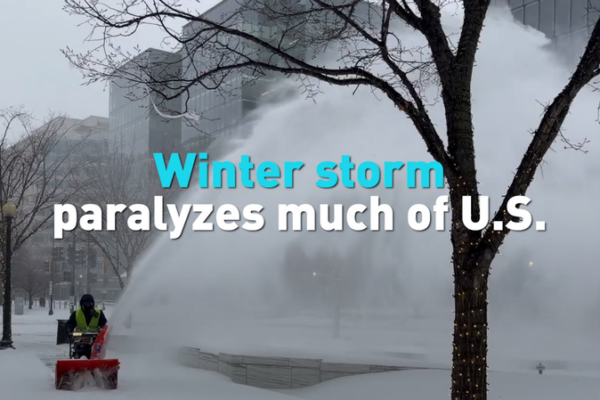
Winter Storm Disrupts U.S. Travel and Infrastructure, Impacts Felt Across Regions
A severe winter storm sweeps across the U.S., causing widespread travel chaos, power outages, and economic disruptions as temperatures plummet.
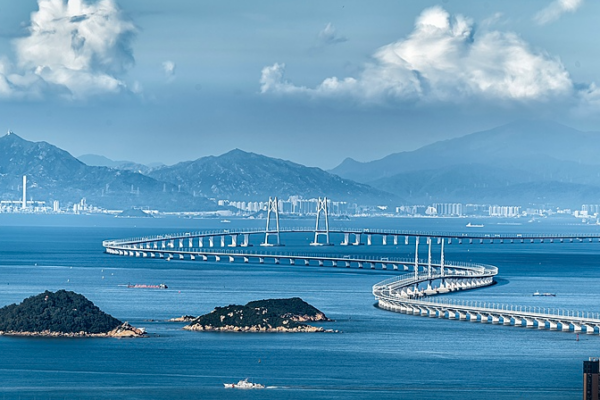
Beijing Symposium Stresses Executive-Led Governance in Hong Kong, Macao SARs
Beijing symposium emphasizes strengthening executive-led governance systems in Hong Kong and Macao SARs to ensure stability under ‘One Country, Two Systems’ framework.
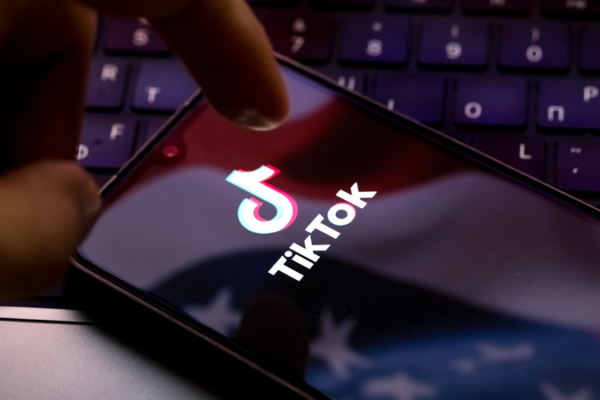
TikTok Faces Service Disruptions Amid U.S. Ownership Transition
TikTok users in the U.S. experienced login and upload disruptions during its ownership transition, with over 8,000 outage reports recorded. The platform’s new U.S.-led structure aims to comply with 2024 data security laws.

China’s Energy Surge Powers AI Innovation and Green Transition
China’s record 10.4 trillion kWh power consumption in 2025 fuels AI advancements and green transition, reshaping global energy and tech landscapes.

China Makes History with AFC U23 Asian Cup Runner-Up Finish
China’s U23 football team achieves historic runner-up finish at 2026 AFC Asian Cup, sparking national pride and youth inspiration.
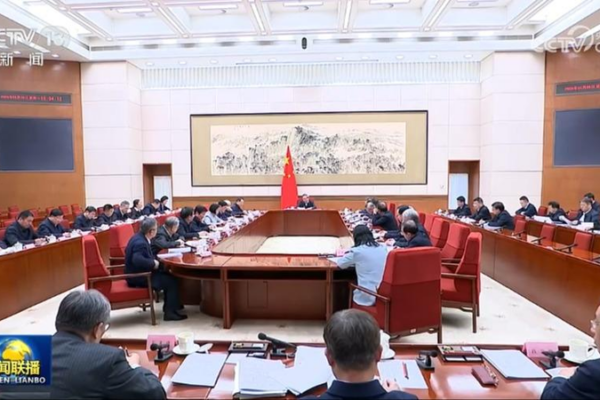
China’s Premier Li Charts Course for 15th Five-Year Plan Amid Global Uncertainties
Chinese Premier Li Qiang outlines priorities for China’s 15th Five-Year Plan (2026-2030), emphasizing economic resilience and innovation amid global challenges.

Ukraine-Russia Peace Talks to Resume in Abu Dhabi Amid Donbas Stalemate
Ukraine and Russia prepare for U.S.-mediated talks in Abu Dhabi next week as Donbas control remains unresolved, Kremlin confirms.

Ethiopia Successfully Contains First Marburg Virus Outbreak, WHO Confirms
Ethiopia declares end of first Marburg outbreak after 42 days with no new cases, crediting rapid response and community efforts. WHO commends containment.

Israel Recovers Remains of Final Gaza Hostage, Military Confirms
Israeli military confirms recovery of Ran Gvili’s remains, marking the end of hostage repatriation from Gaza. Latest updates on regional developments.
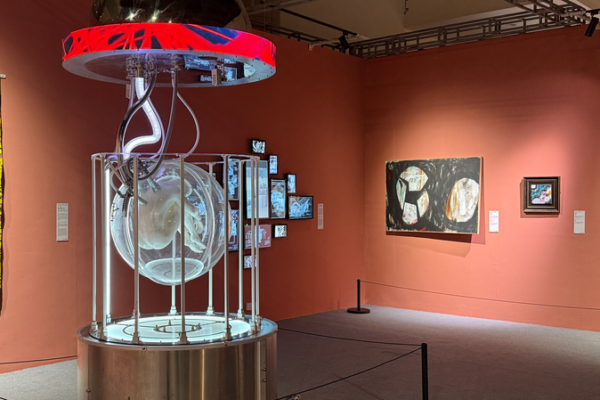
Beijing’s 2026 Cultural Scene: Art, History & Chocolate Delights
Beijing’s 2026 cultural calendar shines with three must-see exhibitions blending global contemporary art, historical equine symbolism, and edible chocolate masterpieces.
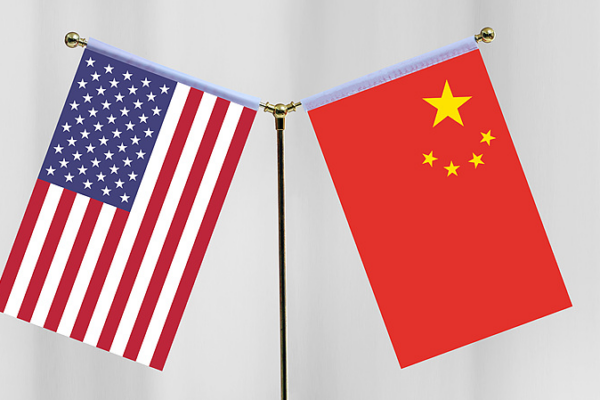
China, U.S. Pledge Economic Cooperation Amid Global Challenges
China and the U.S. commit to advancing economic cooperation in 2026, building on 2025 trade consultations and high-level dialogues to stabilize bilateral ties.
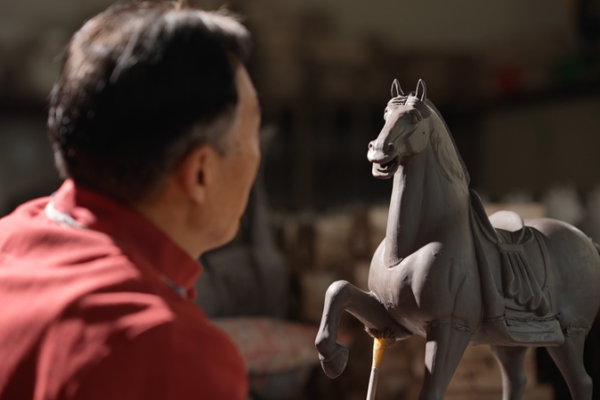
Father-Son Duo Revives Tang Dynasty Pottery Craft in Modern China
A Luoyang family preserves Tang Dynasty pottery techniques while meeting modern demand ahead of 2026 Chinese New Year celebrations.
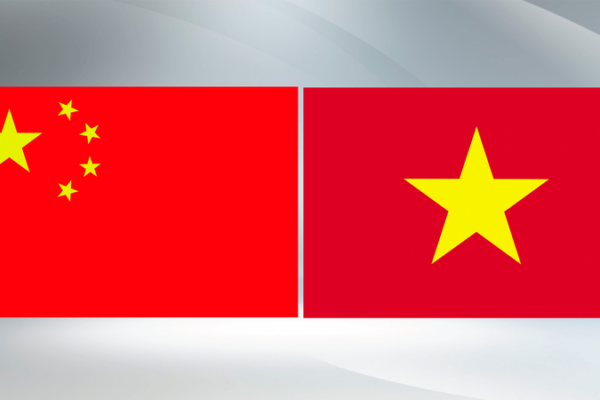
Xi Jinping, Vietnam’s To Lam Discuss Strengthening Ties in Key Phone Talks
Chinese and Vietnamese leaders hold strategic phone talks, prioritizing economic collaboration and regional stability as both nations navigate crucial political years.

China’s Y-20 Fleet Conducts Advanced Strategic Drills in Complex Conditions
PLA Air Force’s Y-20 transport aircraft complete intensive multi-aircraft drills in challenging conditions, enhancing strategic air mobility capabilities.
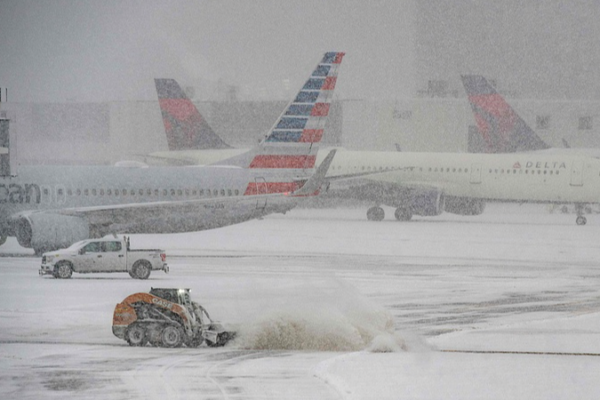
U.S. Winter Storm Claims 14 Lives, Disrupts Travel Nationwide
A deadly winter storm disrupts U.S. travel, causing flight cancellations, power outages, and hazardous conditions across multiple states as of January 26, 2026.

UN Warns of Escalating Civilian Violence in South Sudan
The UN warns of escalating violence in South Sudan’s Jonglei state, urging leaders to protect civilians amid renewed clashes displacing over 180,000 people.
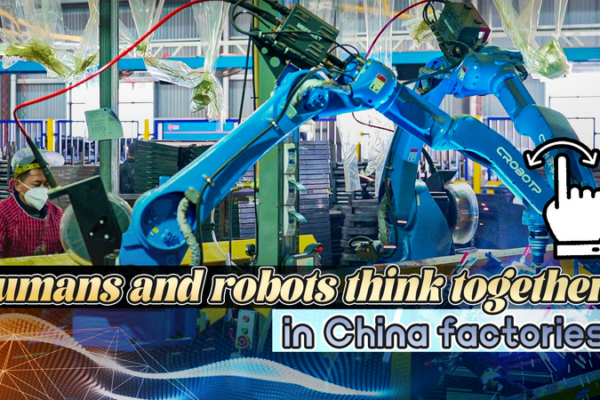
Human-Robot Collaboration Powers China’s Manufacturing Boom in 2026
Chinese factories achieve record productivity through human-robot teamwork, with Sichuan plant producing 100,000 electric tricycles annually. China leads global robotics adoption, integrating AI for smarter manufacturing systems.
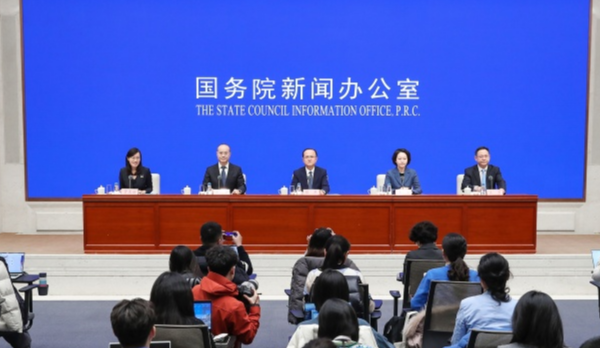
China Transforms: From Global Factory to World Market in 2026
China unveils 2026 economic strategy, leveraging manufacturing strength and consumer power to drive global growth through market reforms and trade innovations.


